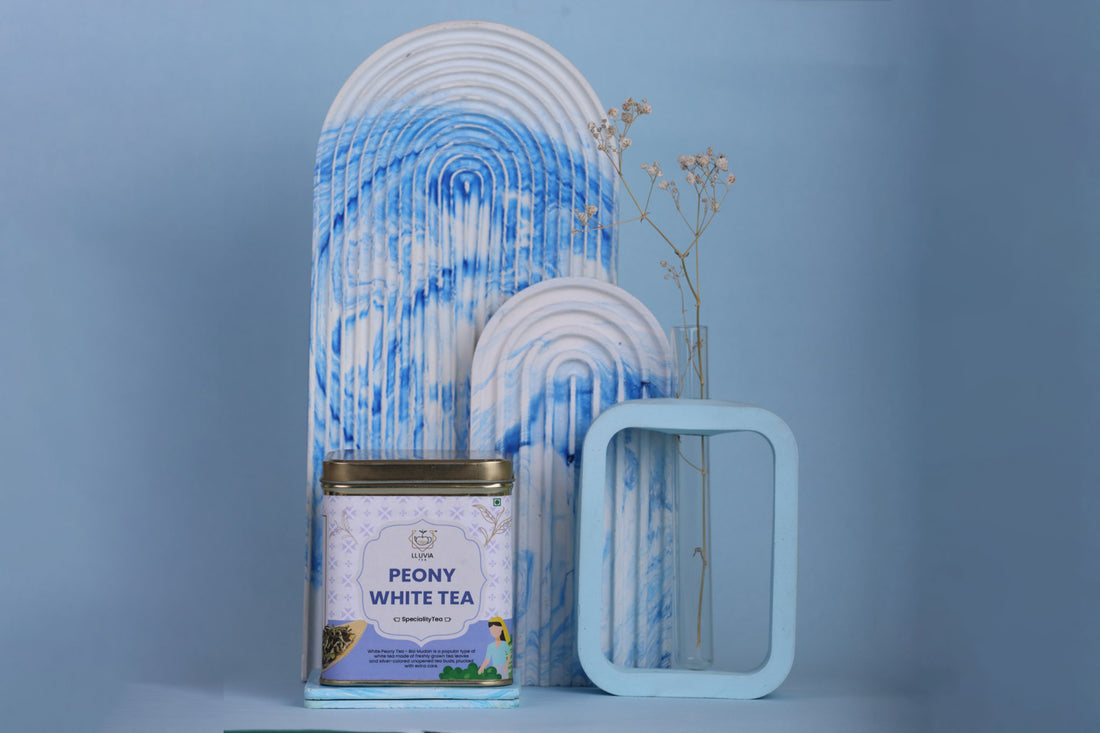
Unveiling the Elegance: A Deep Dive into the World of White Tea
In a world bustling with various tea varieties, white tea stands out as an exquisite and delicate option, celebrated for its subtle flavors, minimal processing, and numerous health benefits. Originating from the Camellia sinensis plant, just like green, black, and oolong teas, white tea undergoes the least processing, allowing it to retain its natural goodness.
White tea has a rich history that dates back over a thousand years, originating in China during the Tang Dynasty (618-907 AD). Legend has it that white tea was discovered by chance when tea leaves fell into water meant for the emperor. Intrigued by the delicate flavor, he named it "tribute tea" due to its exceptional quality. Over the centuries, white tea has evolved, and its popularity has spread beyond China to different parts of the world. White tea is primarily cultivated in the Fujian province of China, although it is now also grown in other regions like Assam, Darjeeling in India and Sri Lanka. The finest white tea is made from young leaves and buds, usually harvested in early spring. These tender buds are covered with fine silvery hairs, giving the tea a distinctive appearance. The minimal processing of white tea sets it apart from other types. After plucking, the leaves are withered and dried naturally in the sun or through a gentle air-drying process. This minimal oxidation results in a tea that maintains its natural color, subtle flavor, and a high level of antioxidants.
One of the most enchanting aspects of white tea is its delicate and nuanced flavor profile. It is often described as floral, sweet, and light, with subtle hints of honey, melon, and apricot. The low oxidation process preserves the natural taste of the tea leaves, creating a refreshing and mellow cup. Beyond its captivating taste, white tea is celebrated for its potential health benefits. Rich in antioxidants, it may help protect the body from free radicals and support overall well-being. Studies suggest that white tea may have anti-inflammatory, anti-aging, and antibacterial properties. Additionally, it contains less caffeine than black or green tea, making it a suitable option for those looking to reduce their caffeine intake.
As you embark on a journey with Lluvia Tea's white tea collection, you're not just sipping a beverage; you're embracing a moment of tranquility, a pause in the hurried rhythm of life. Elevate your tea experience with Lluvia's commitment to quality, and let the delicate notes of their white teas serenade your senses, sip by sip.



